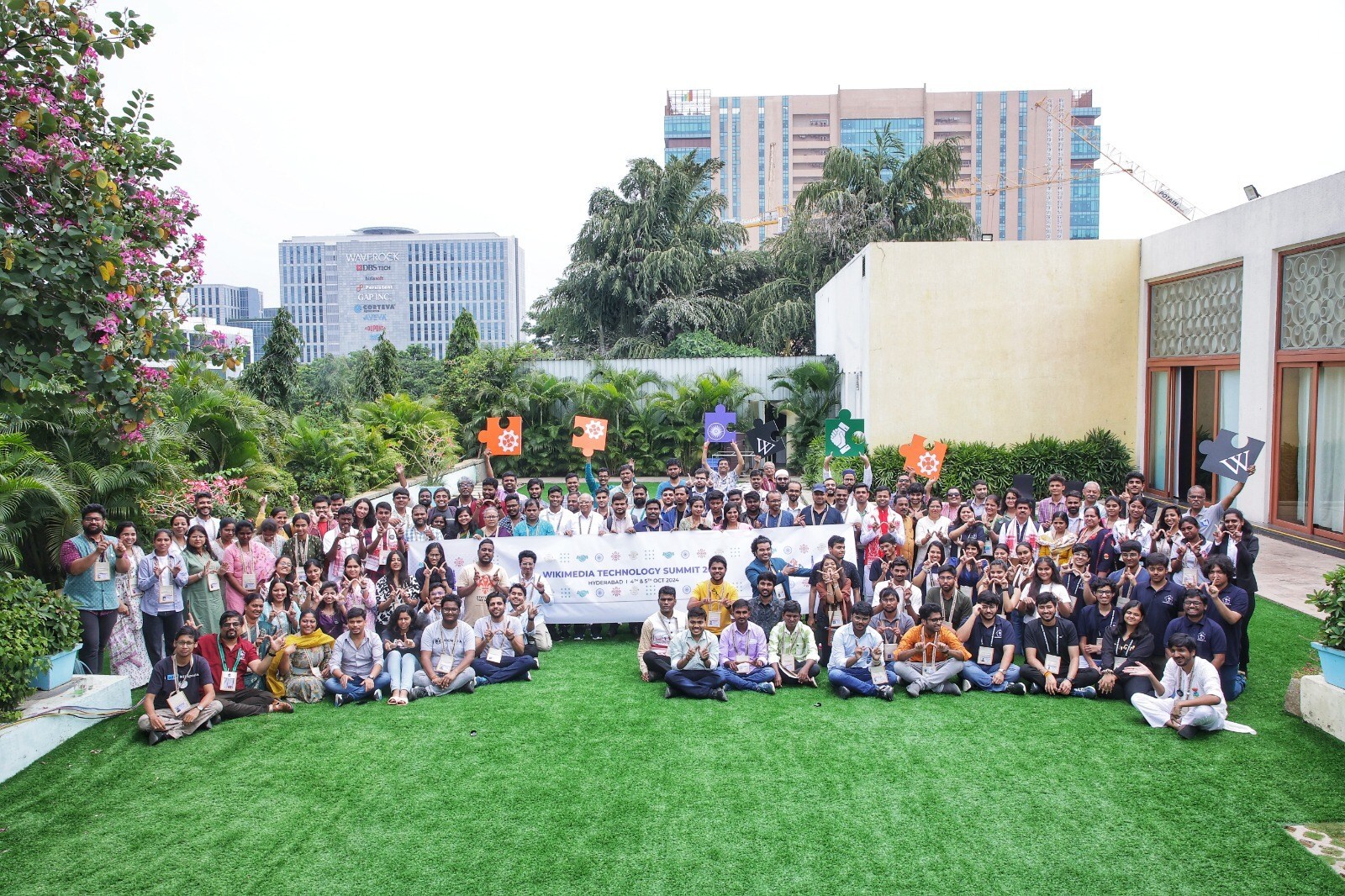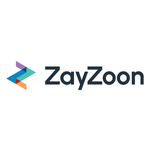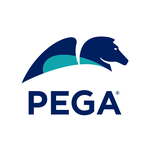Survey of global decision-makers finds conflicting enterprise demands are keeping organizations on mainframes
Enterprise Mainframe Spending Expected to Increase Alongside Public Cloud Adoption, ISG Study Finds
Press Contacts:
Will Thoretz, ISG
+1 203 517 3119
will.thoretz@isg-one.com
Julianna Sheridan, Matter Communications for ISG
+1 978 518 4520
isg@matternow.com
Companies that use mainframes in their current IT operations expect to increase their mainframe spending even as they increase their adoption of public cloud, according to new survey research from leading global technology research and advisory firm Information Services Group (ISG) (Nasdaq: III).
The new ISG Market Lens™ Mainframe and Mainframe as a Service (MFaaS) Study finds one-third of large enterprises expect to upgrade existing mainframe processors or storage, 40 percent expect to increase capacity for traditional mainframes, and one in six expect to purchase a new mainframe over the next three years.
“Mainframes remain important in large enterprises, as organizations strategically balance between mainframe, MFaaS offerings and public cloud,” said Alex Bakker, ISG Distinguished Analyst and co-author of the study. “Though public cloud adoption continues to grow, it will not totally eclipse mainframes in enterprise IT. In fact, mainframe compute and storage requirements are expected to rise, particularly in the form of MFaaS.”
The ISG study was conducted in July 2024 and covered 200 executives in the Americas and Europe with decision-making responsibility for mainframe and MFaaS strategy. The results show enterprises with the largest current IT workloads expect to see the greatest increase in need across all platforms, while those with a high proportion of traditional mainframe expect to accelerate transition to MFaaS to keep pace with their needs.
“Mainframe demand is being fueled by enterprises’ inability to decommission their legacy infrastructure, often due to conflicting enterprise demands such as the adoption of AI, while others are prioritizing data security and resiliency,” said Michael Dornan, principal analyst and co-author of the study. “At the same time, application storage and compute demands are on the rise and IT departments face pressure to optimize costs.”
Over the past three years, nearly 60 percent of enterprises have migrated some applications to the cloud, and over 40 percent have migrated to MFaaS, the study found. MFaaS is often viewed as a lower-cost solution that offers the flexibility and interoperability associated with public cloud with fewer migration and security challenges. It’s also a potential solution to mainframe talent challenges as those with traditional skills retire from the talent pool.
Top enterprise mainframe priorities are cost optimization, retiring legacy applications and infrastructure, adding AI capabilities and information security, but of these, the study found only security is rated as performing well. Fifty-four percent of respondents say information security on their current mainframe or MFaaS is performing better than peer organizations, while cost reduction (rated better than peer companies by 36 percent of respondents), AI (29 percent) and legacy retirement (31 percent) are all struggling to keep pace.
In addition, nearly a third of enterprises say accessing mainframe skills and talent is a challenge, as early retirement reduces staff availability and new employees are less likely to know legacy programming languages. Nearly all respondents were using managed service providers to support mainframe modernization and operations or MFaaS services.
“The competing priorities and challenges surrounding mainframes will drive enterprise demand for mainframe modernization services as companies turn to providers to help them get the full value from existing investments,” Dornan said. “Providers will be expected to impact the bottom line through cost optimization and deliver the benefits of integration and interoperability with other systems and services, including cloud.”
ISG Market Lens™ buyer behavior studies combine findings from surveys of senior-level global executives with expert ISG research and analysis on market trends and strategic business initiatives. Recent studies explored AI, cloud, application development and maintenance, BPO, cybersecurity, global capability centers and sustainability.
Contact ISG for more information on ISG Market Lens research.
About ISG
ISG (Information Services Group) (Nasdaq: III) is a leading global technology research and advisory firm. A trusted business partner to more than 900 clients, including more than 75 of the world’s top 100 enterprises, ISG is committed to helping corporations, public sector organizations, and service and technology providers achieve operational excellence and faster growth. The firm specializes in digital transformation services, including AI, cloud and data analytics; sourcing advisory; managed governance and risk services; network carrier services; strategy and operations design; change management; market intelligence and technology research and analysis. Founded in 2006, and based in Stamford, Conn., ISG employs more than 1,600 digital-ready professionals operating in more than 20 countries—a global team known for its innovative thinking, market influence, deep industry and technology expertise, and world-class research and analytical capabilities based on the industry’s most comprehensive marketplace data. For more information, visit www.isg-one.com.
View source version on businesswire.com: https://www.businesswire.com/news/home/20241003290902/en/
 Business wire
Business wire 









Add Comment